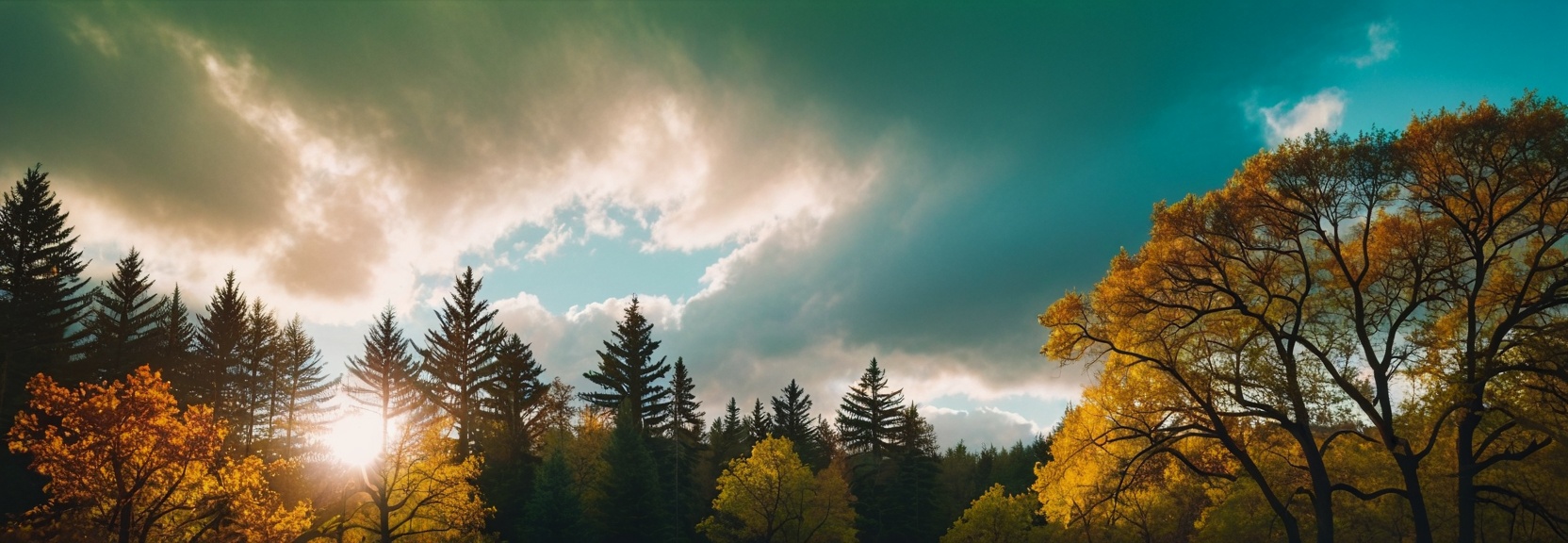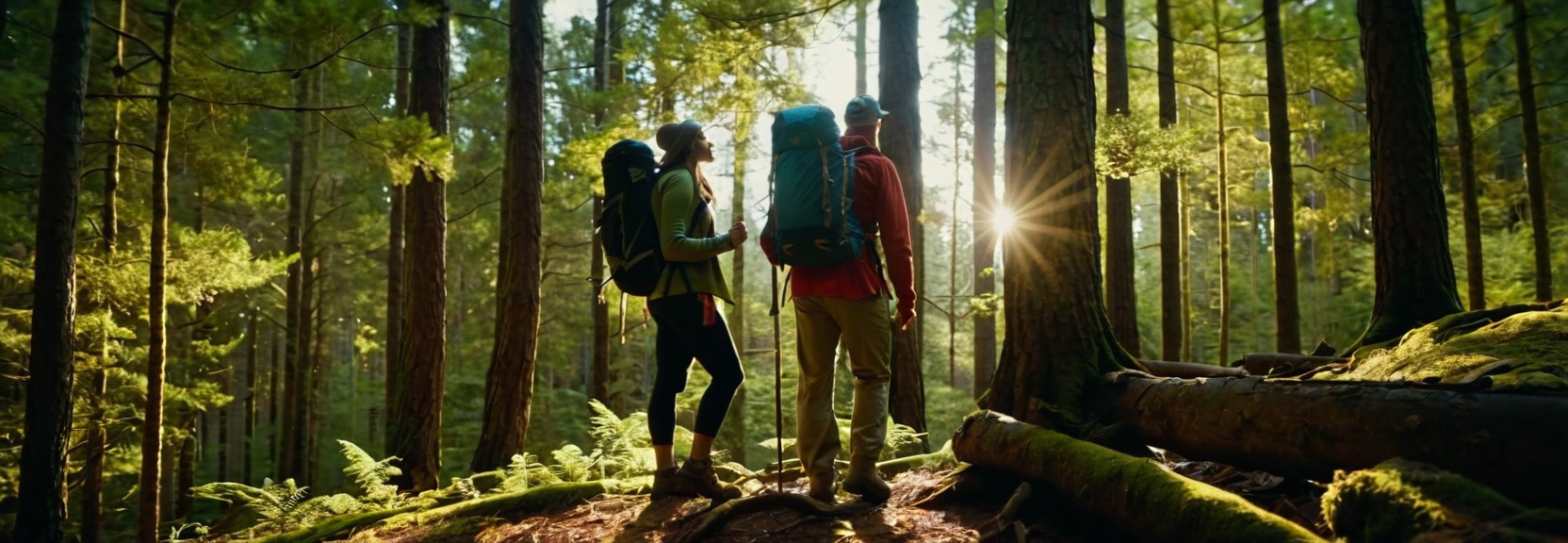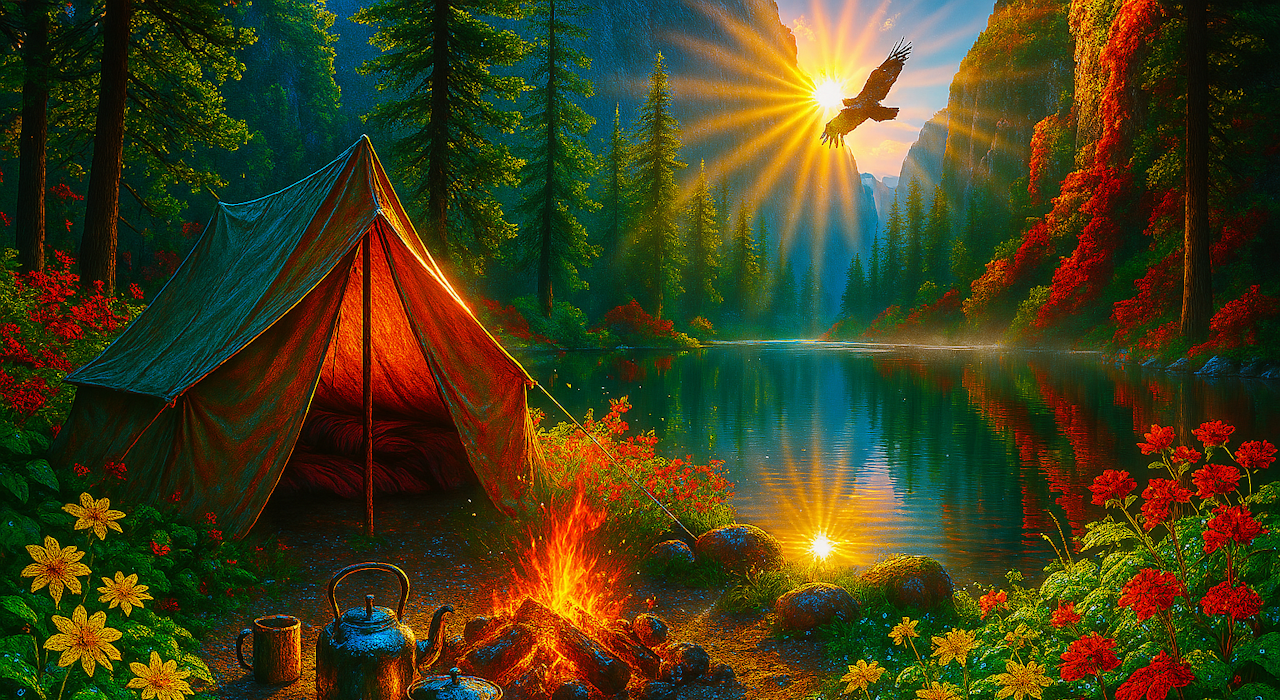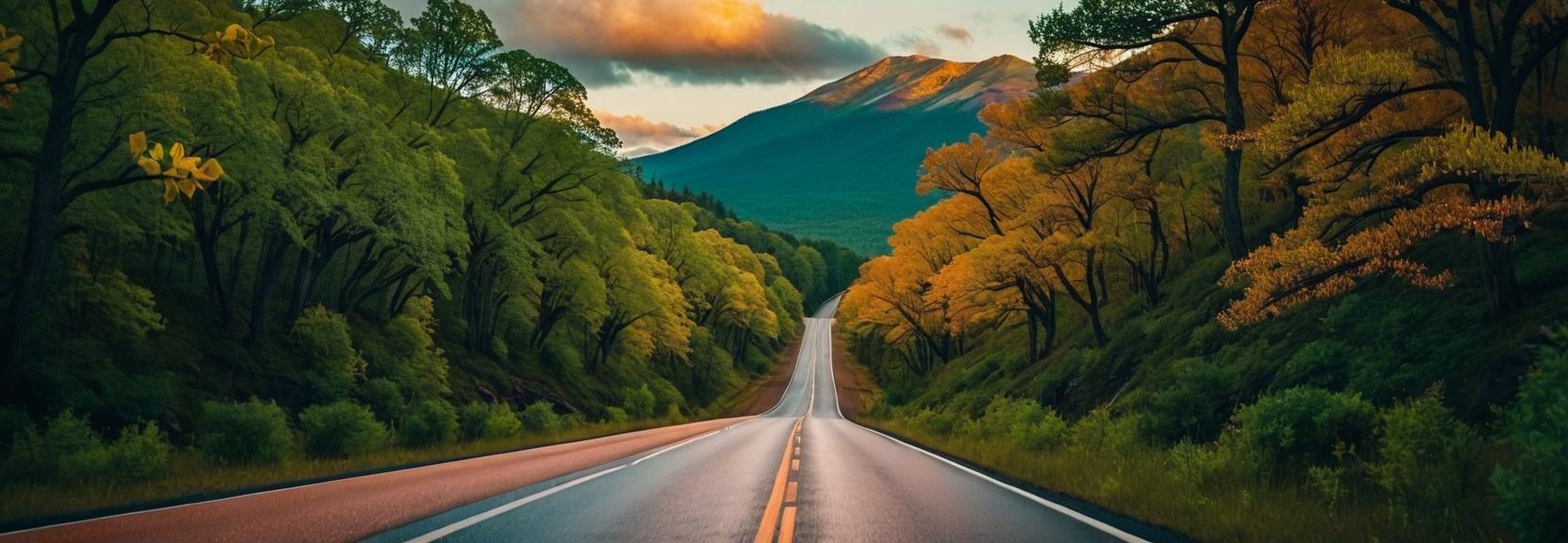- The Benefits of Disconnecting
- Embracing Nature’s Therapy
- Building Connections Away from Screens
- Tips for a Successful Camping Experience
In today’s hyperconnected world, the allure of camping as a form of escapism becomes increasingly compelling. The opportunity to disconnect from the incessant demands of technology allows individuals to rejuvenate both mentally and physically. Research indicates that spending time in natural environments can significantly reduce stress, anxiety, and even symptoms of depression. According to a study published in the Journal of Environmental Psychology, immersive experiences in nature promote psychological well-being and emotional recovery, establishing a powerful case for the benefits of disconnection while camping. (Insert “Camping in Nature” image here)
Digital Detox and Mental Clarity
By stepping away from screens, campers often experience improved mental clarity. The constant notifications and distractions of our smartphones can hinder focus and creativity. A digital detox during camping allows the mind to wander freely, leading to greater problem-solving abilities and innovative thinking. A study by the American Psychological Association shows that regular exposure to nature can enhance cognitive functions, reinforcing the notion that a break from our connected lives can yield significant mental benefits.
Physical Health Boost
Camping inherently encourages physical activity—be it hiking, swimming, or setting up tents. Not only does this foster a more active lifestyle, but it also leads to tangible health benefits. For instance, the CDC states that adults need at least 150 minutes of moderate-intensity aerobic exercise weekly, which camping can easily provide. Being outdoors and engaging in physical activity boosts endorphins, the body’s natural mood enhancers, providing a natural antidote to stress and anxiety.
Improved Sleep Quality
One of the often-overlooked benefits of camping is the significant improvement in sleep quality. Disconnecting from electronic devices allows for better alignment with natural circadian rhythms. A study from the University of Colorado Boulder found that participants who spent a week camping without digital screens adjusted their sleep cycles to an average of 2 hours earlier. The result is a more restorative sleep experience, a key factor in reducing stress and increasing overall productivity in daily life.
Enhanced Awareness and Mindfulness
Disconnecting from technology during camping encourages a greater sense of mindfulness. Immersing oneself in natural surroundings allows for a heightened awareness of the world, promoting a sense of peace and tranquility. Observing the intricate details of nature—from the sound of rustling leaves to the scent of pine trees—can foster a deep appreciation for the environment. This meditative aspect of camping can lead individuals toward greater self-awareness, emotional health, and overall happiness.

Embracing Nature’s Therapy
Spending time in nature allows individuals to tap into its therapeutic qualities, fostering a profound sense of well-being. Engaging with natural landscapes can catalyze emotional healing, helping to release pent-up stress and anxiety. The gentle sounds of a flowing stream or the rustle of leaves in the wind serve as natural background music, soothing the mind and encouraging relaxation. Studies have shown that nature walks induce relaxation responses, significantly lowering levels of cortisol, the hormone associated with stress. Campers often report feelings of rejuvenation and a renewed sense of purpose after spending time in serene environments. (Insert “Nature’s Calm” image here)
The natural world also inspires creativity, presenting campers with opportunities to explore their artistic inclinations. Whether it’s painting landscapes, writing in a journal, or simply capturing moments through photography, the beauty of nature stimulates imaginative thinking. A study conducted by the University of Utah found that spending time in natural settings enhances creativity by up to 50%, indicating that outdoor experiences can lead to a fresh perspective and inspire innovative ideas. Engaging with nature’s beauty not only uplifts the spirit but can also empower individuals to express themselves in unique and fulfilling ways.
- Nature’s Healing Properties: Engaging with nature has been scientifically proven to lower stress levels and enhance emotional well-being.
- Enhanced Creativity: Immersion in natural settings significantly boosts creative thinking and problem-solving abilities.
- Emotional Resilience: Spending extended time outdoors fosters a sense of purpose and improvement in overall mood, contributing to the development of coping mechanisms for daily life challenges.
Building Connections Away from Screens
Camping offers a unique opportunity to foster genuine connections away from the screens that dominate our daily lives. Whether it’s bonding with family members or building friendships with fellow campers, face-to-face interactions create meaningful experiences that technology often cannot replicate. *In the absence of digital distractions, conversations become deeper and more authentic, allowing individuals to share stories, laughter, and create lasting memories together.*
A vital part of camping is the shared tasks and experiences that come along with it. Setting up tents, cooking over an open fire, and gathering around for evening stargazing foster teamwork and collaboration. These tasks invite teamwork and cooperation, which can be refreshing avenues for communication often hindered in the hustle and bustle of modern life. *The sense of achievement upon completing a task together, such as conquering a challenging hike or successfully launching a kayak, reinforces relationships and creates bonds that last beyond the trip.*
To illustrate the connections formed during camping, consider the following comparison of various reasons individuals choose to camp:
| Reason | Connection with Nature | Social Bonding | Physical Activity | Mental Well-being |
|---|---|---|---|---|
| Relaxation | Enhances appreciation for the outdoors | Encourages team-building activities | Promotes fun ways to stay active | Reduces stress and anxiety |
| Adventure | Inspires exploration and new experiences | Creates shared memorable moments | Facilitates exhilarating activities like hiking | Enhances mental clarity and creativity |
| Bonding Time | Fosters appreciation for natural beauty | Strengthens family relationships | Encourages healthy, active habits | Boosts overall happiness and fulfillment |
Additionally, the shift in focus from technology to interpersonal relationships drives significant growth in emotional intelligence and social skills. Engaging in open discussions around a campfire helps individuals practice active listening and enhances their ability to empathize—qualities that can be diminished in our screen-saturated routines. *Camping provides a unique backdrop for personal revelations, shared vulnerabilities, and the cultivation of trust among peers, which can be particularly transformative for all participants*.
Whether it’s a family getaway or a weekend trip with friends, the connections–both with nature and each other–can lead to a more enriching experience. Exploring ideas and sharing insights often leads to personal growth and development, fostering an environment where everyone feels respected and heard. This balance of social interaction and personal reflection can be a powerful antidote to the often isolating experience of modern technology. For those interested in taking the leap into this immersive encounter, a visit to EscapadeEmporium.com can offer great resources on camping gear and destination recommendations.

Tips for a Successful Camping Experience
Preparing for a successful camping trip requires careful consideration and planning to ensure a rewarding experience. Start by selecting the *right location*; this could be a national park, a local campsite, or a remote area depending on your comfort level and experience. Research various sites to see which amenities and activities are available, including hiking trails, swimming spots, or birdwatching areas. Knowing the locale can enhance the adventure and help you get the most out of your time outdoors.
Once you have chosen a destination, proper packing becomes essential. Make a checklist of camping essentials tailored to your needs, which may include a *tent, sleeping bags, cooking gear, and personal items*. Be sure to pack clothing suitable for the weather conditions, and consider layering options for fluctuating temperatures. It is also wise to include items for safety and first aid—like a first aid kit, a multi-tool, and necessary medications. As you pack, remember that lighter options may increase your comfort while hiking or setting up camp.
Planning your meals is also a crucial aspect of a successful camping experience. Think about simple yet nutritious meals that can be easily cooked over a campfire or portable stove. Meals that can be prepped ahead of time and consist of non-perishable items, such as canned beans or oatmeal, contribute to an ease of dining outdoors. Don’t forget snacks! Protein bars, nuts, and dried fruits are excellent choices to keep energy levels up while exploring the wilderness.
As the trip approaches, share responsibilities among your group members. Assign different tasks such as navigation, cooking, and setting up the tent, which fosters teamwork and enhances the camping experience. This shared involvement not only makes the trip smoother but also helps to build camaraderie among participants.
Embrace the unpredictability of nature by being flexible with your plans. Sometimes, the weather can be uncooperative or certain trails may be closed. Remain open to changing your itinerary based on conditions or personal interests. The true essence of camping lies in the experience and discovery rather than in the perfect plan.
Most importantly, engage deeply with your surroundings. Bring along tools like binoculars for birdwatching or a journal for jotting down thoughts or sketches of the landscape. Being present in the moment enhances your appreciation for nature and can strengthen the therapeutic benefits of camping.
Enjoy downtime as well, allowing the rhythm of nature to guide your experience. Spend evenings gathered around a campfire, sharing stories and laughter as you watch the stars twinkle in the dark sky. This intentional relaxation time can heighten the sense of connectedness with your friends, family, and the natural world.
- How do I choose the right campsite?
- Research different locations based on the amenities you need, activities available, and your comfort level with wilderness. Consider factors like accessibility, scenic views, and safety.
- What are must-have items for camping?
- Essentials include a tent, sleeping bags, cooking gear, warm clothing, and a first aid kit. Don’t forget nutritious food options and outdoor safety tools, such as a multi-tool or flashlight.
- How can I make cooking easy while camping?
- Plan simple meals that require minimal ingredients, utilizing non-perishable items. Prepare items ahead of time when possible for easier cooking over a campfire or portable stove.
- What if the weather changes unexpectedly?
- Stay flexible with your plans and adapt as needed. Be prepared for various weather conditions by bringing appropriate gear and having alternate activities in mind.
- How can I enhance my camping experience?
- Engage with nature by bringing tools like binoculars for wildlife observation or a journal for reflecting on your experiences. Take time to relax and connect with others around the campfire.


Leave a Reply